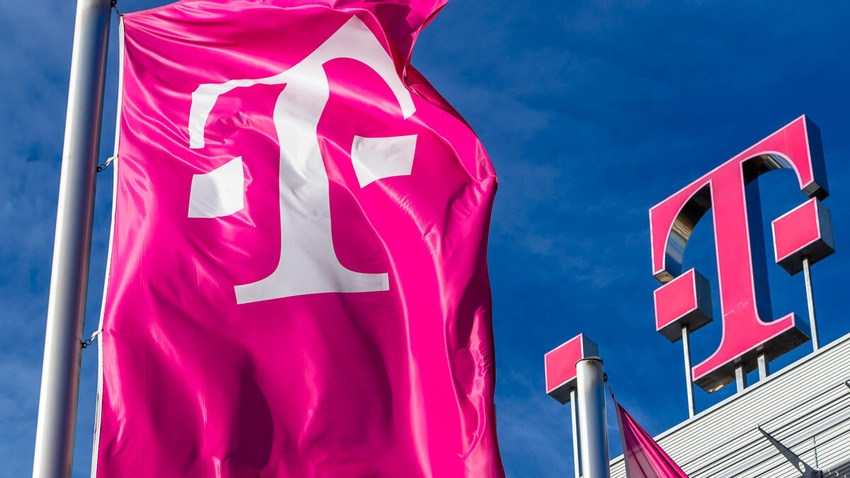
Deutsche Telekom has teamed up with AWS and VMware to demonstrate what the operator describes as a "globally distributed enterprise network" that combines DT's connectivity services with third-party connectivity, compute and storage resources at campus locations in Prague, Bonn and Seattle. The proof-of-concept demonstration used a video analytics application where cameras were installed at the Prague and Seattle locations and connected through a private wireless enterprise network. The hope is that this approach will allow customers to book connectivity services directly from DT using a unified interface for the management of the network across its various locations.
Vodafone is busy on a couple of fronts. In Italy, it is planning a 5G open RAN pilot with Nokia covering a cluster of sites in the north of the country, involving Nokia's containerized baseband software running on Red Hat's OpenShift platform. In Romania, it has already completed a pilot, with Orange, of open RAN-based 4G calls over a cluster of shared commercial network sites in a rural area near Bucharest. The Romanian pilot used a commercial virtualized RAN offering from Samsung, a Wind River abstraction layer on top of hardware to deploy and scale the RAN software and Dell PowerEdge servers.
A new study commissioned by the European Telecommunications Network Operators' Association (ETNO) pinpoints seven technologies that the lobby group thinks will "define the future of connectivity," namely 5G standalone, FTTH/FTTx rollout, open RAN, network virtualization, edge computing, quantum encryption and low Earth orbit satellite communications. And when it comes to what the study calls the EU's "digital sovereignty," 5G SA, fiber, open RAN and LEO connectivity are deemed the most significant.
Another trade body, the Global mobile Suppliers Association (GSA), has signed an agreement with Opensignal to combine their respective analysis of how well (or badly) 4G and 5G networks and devices cope with the demands users place upon them. Opensignal analyzes billions of measurements from mobile network users across the globe daily and its data will now be integrated into the GSA's GAMBoD database, which tracks more than 2,500 operators.
UK converged operator Virgin Media O2 has relaunched its device recycling scheme for businesses, citing new research which it says shows that UK companies are holding on to almost 12 million unused mobile phones and tablets. Businesses can use credit earned through the scheme to buy new devices via O2, or donate it to Virgin Media O2's charity partner, Good Things Foundation, to support digital inclusion projects across the UK.
Read more about:
EuropeAbout the Author(s)
You May Also Like











